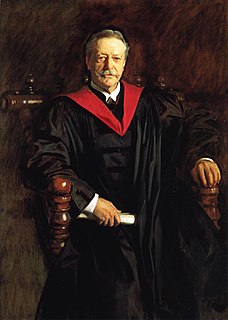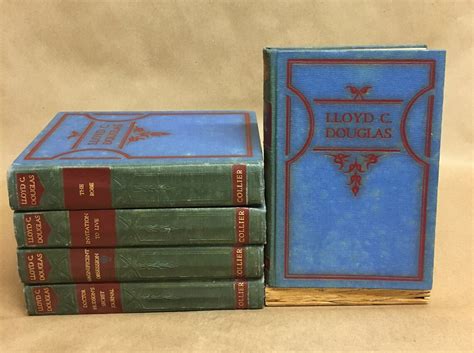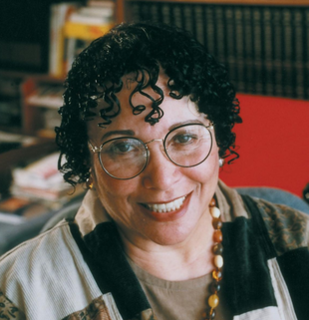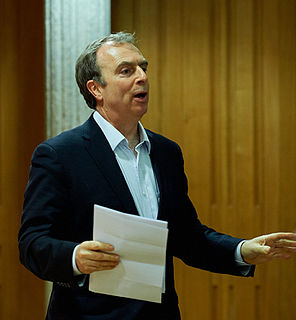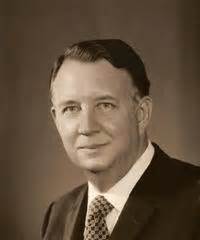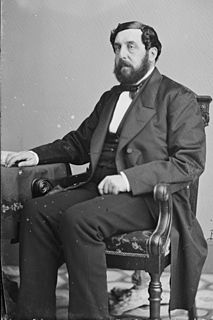Top 1200 Pleasure And Happiness Quotes & Sayings - Page 4
Explore popular Pleasure And Happiness quotes.
Last updated on November 17, 2024.
Sometimes we get wrong notions, we think we have to be in a luxurious house, in a large city, with a new car in order to be happy. Happiness isn't there. Happiness isn't in a new car, it isn't in a new and luxurious apartment. Happiness isn't in banks and stocks. Happiness is where you make it, it's up to you. It comes from within, it doesn't come from things.
Just the pleasure of moving and the pleasure of using your body is, I think, maybe the main point. And the pleasure of dancing with somebody in an unplanned and spontaneous way, when you're free to invent and they're free to invent and you're neither one hampering the other - that's a very pleasant social form.
And happiness...Well, after all, desires torment us, don't they? And, clearly, happiness is when there are no more desires, not one...What a mistake, what ridiculous prejudice it's been to have marked happiness always with a plus sign. Absolute happiness should, of course, carry a minus sign — the divine minus.
We know there are certain chemicals that are designed to give us a rush of pleasure. But, one of the most amazing things about being human is our capacity to override that pleasure. To either say, 'I don't need that pleasure right now. I'm going to ignore the craving.' Or to find something else that we find a deeper sense of reward from.
Marriage has, for its share, usefulness, justice, honour, and constancy; a stale but more durable pleasure. Love is grounded on pleasure alone, and it is indeed more gratifying to the senses, keener and more acute; a pleasure stirred and kept alive by difficulties. There must be a sting and a smart in it. It ceases to be love if it has no shafts and no fire.
There is no satisfying the senses, not even with a shower of money. "The senses are of slight pleasure and really suffering." When a wise man has realised this, he takes no pleasure, as a disciple of the Buddhas, even in the pleasures of heaven. Instead he takes pleasure in the elimination of craving.
So she thoroughly taught him that one cannot take pleasure without giving pleasure, and that every gesture, every caress, every touch, every glance, every last bit of the body has its secret, which brings happiness to the person who knows how to wake it. She taught him that after a celebration of love the lovers should not part without admiring each other, without being conquered or having conquered, so that neither is bleak or glutted or has the bad feeling of being used or misused.
Musical compositions can be very sad - Chopin - but you have the pleasure of this sadness. The cheap consolation is: you will be happy. The higher consolation is the pleasure and recognition of your unhappiness, the pleasure of having recognised that fate, destiny and life are such as they are and so you reach a higher form of consciousness.
When we say that pleasure is the end, we do not mean the pleasure of the profligate or that which depends on physical enjoyment--as some think who do not understand our teachings, disagree with them, or give them an evil interpretation--but by pleasure we mean the state wherein the body is free from pain and the mind from anxiety.
This philosophical postulate that the end of all being is the happiness of man has been sort-of covered over with evangelical terms and biblical doctrine - until God reigns in heaven for the happiness of man, Jesus Christ was incarnate for the happiness of man, all the angels exist and ... everything is for the happiness of man - and I submit to you that this is unchristian.
So what is happiness? I am sure this question will be asked through the ages. And I doubt there is one answer for all people. Like heaven and hell, one person's happiness can be another person's unhappiness, which is why I'm not attempting to tell you what to do to find your happiness. I have enough trouble finding and hanging onto my own true happiness.
I think for me, happiness is crucial, but I think we think that happiness comes from amassing goods and getting things and being loved and being successful, when in fact my experience of happiness comes when you give everything away, when you serve people, when you're watching something you do make somebody happy, that's when happiness happens.
There are two kinds of happiness - the temporary pleasure derived primarily from material comfort alone and another more enduring comfort that results from the thorough transformation and development of the mind. We can see in our own lives that the latter form of happiness is superior because when our mental state is calm and happy, we can easily put up with minor pains and physical discomforts. On the other hand, when our mind is restless and upset, the most comfortable physical facilities do not make us happy.
The existence of pleasure is the first mystery. The existence of pain has prompted far more philosophical speculation. Pleasure and pain need to be considered together; they are inseparable. Yet the space filled by each is perhaps different. Pleasure, defined as a sense of gratification, is essential for nature





